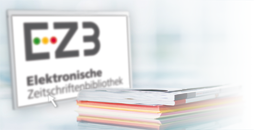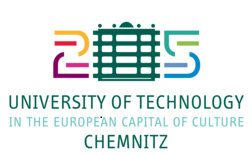Make a Submission
Information
Journal Metrics
- Avg. time to first post-review decision: 12 days
- Avg. time from submission to acceptance: 57 days
- Avg. time from acceptance to online publication: 10 days
- Acceptance Rate: 21% (2024)
Most Read Articles
-
733
-
338
-
240
Keywords











